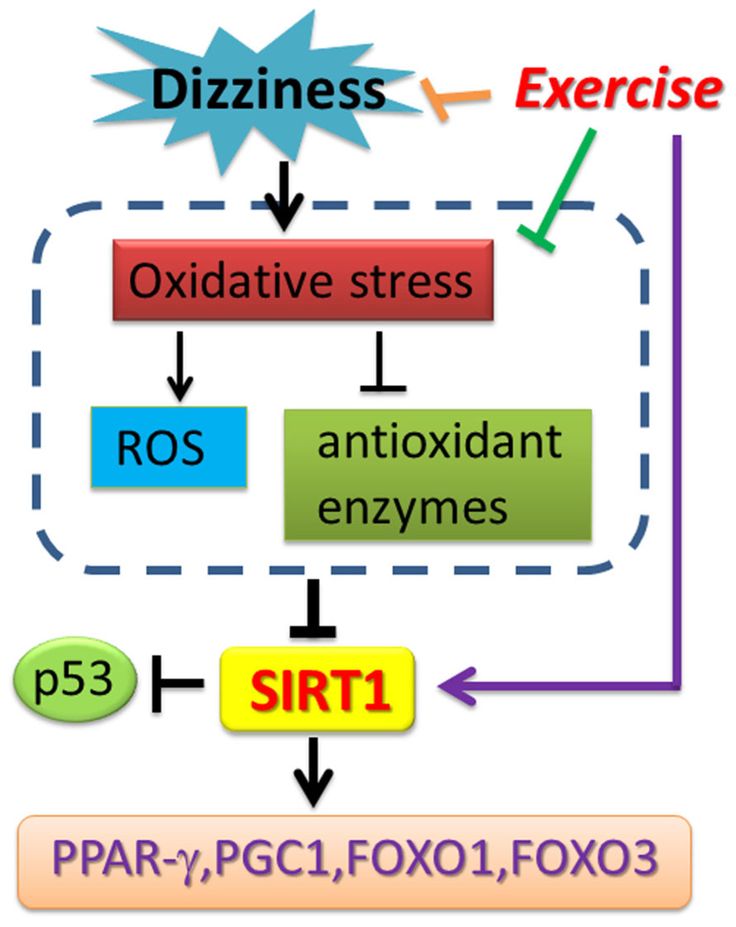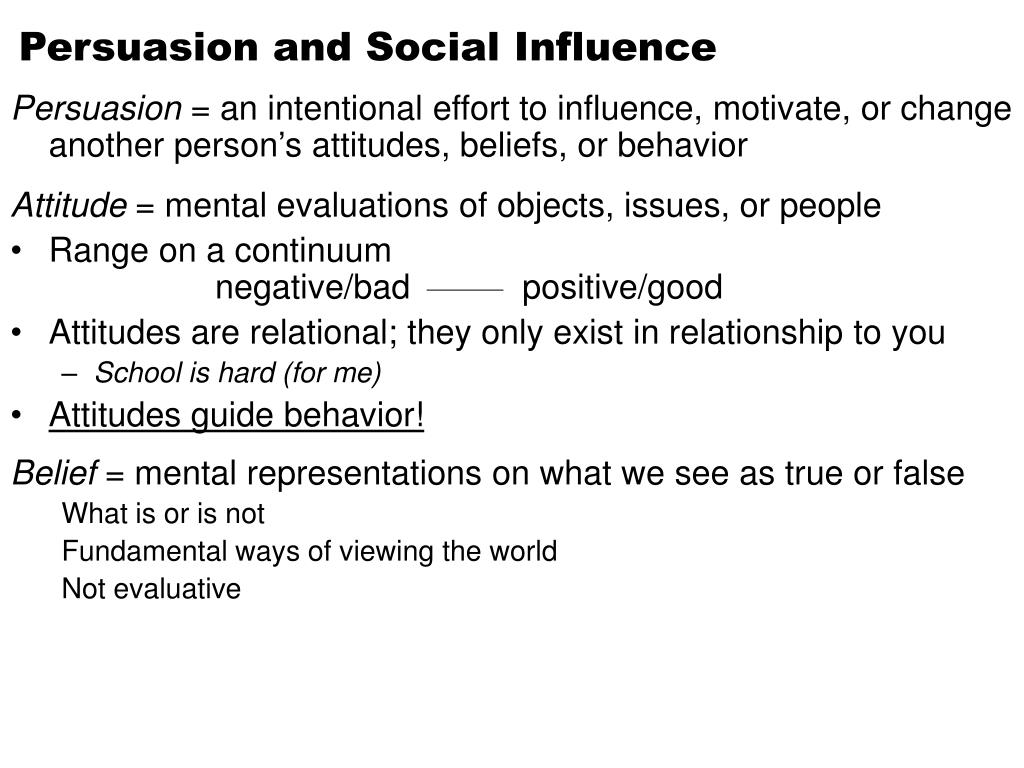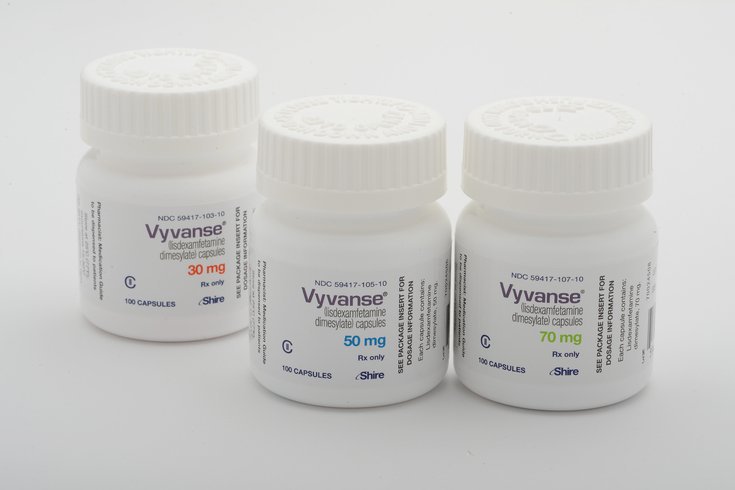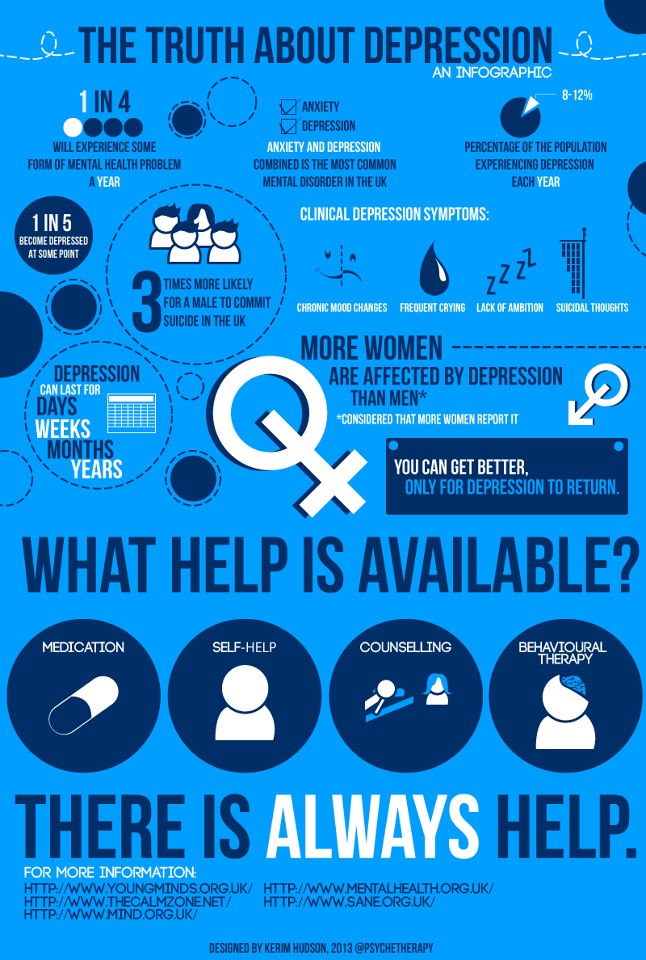Adaptogens for stress
12 Adaptogens for Stress and Hormonal Balance — And How to Use Them
Adaptogens are substances that work to reduce the negative effects of stress on your body. They may help improve your body’s resistance to stress and offer other benefits as well. But which ones really work?
The term “adaptogen” was first used in 1940 to describe certain plant-based extracts that can non-specifically enhance the human body.
Nowadays, adaptogens refer to a range of naturally sourced and synthetic supplements that may help the body adapt to stressful situations by interfering with the fight or flight response and — in theory — without causing any harm. They may also help reduce the risk and impact of long-term stress.
“Adaptogen” is a functional term. The term focuses on how these substances affect your body rather than what chemicals they contain.
Adaptogens are widely available as supplements, but it’s best to check with a doctor before using either plant-based or synthetic adaptogens, as they may not be safe for everyone.
Read on to find out what adaptogens are, how they work in the body, and whether or not they’re worth considering for you.
Adaptogens come as either synthetic or plant-based compounds. They contain biologically active compounds, including phytochemicals, that can benefit the body.
According to the original definition, they had to meet three criteria:
- They must be non-specific and help the body in various adverse conditions, such as physical or environmental stress.
- They must counter the physical impact of stress.
- They must not harm the usual working of the body.
Over time, the criteria have been refined. In the 1990s, some scientists defined them as follows: “Adaptogens are natural bioregulators that increase the ability to adapt environmental factors and avoid the damage caused by those factors.”
In 1998, the Food and Drug Administration (FDA) defined adaptogens as “A new kind of metabolic regulator that has been proved to help in environmental adaptation and to prevent external harms. ”
”
Plant-based adaptogens
Examples of naturally occurring plant-based adaptogens include extracts from:
- Panax ginseng
- Acanthopanax senticosus, previously known as Eleutherococcus senticosus
- Rhodiola crenulata
- Schisandra chinensis
Adaptogens contain plant compounds such as alkaloids, terpenoids, flavonoids, and coumarins.
Adaptogens work by affecting certain body tissues and organs to reduce stress and fatigue and restore the body’s natural balance, especially when you’re under pressure.
For example, ginseng affects the pituitary and adrenal glands. As a result, it may help reduce problems with sleep, arthritis, energy levels, and the nervous system.
Synthetic adaptogens
Examples of synthetic adaptogens include:
- bromantane
- levamisole
- aphobazole
- bemethyl
Synthetic adaptogens can boost mental and physical and mental resistance, increase blood flow by expanding the blood vessels, and lower levels of sugar and lactate in the blood.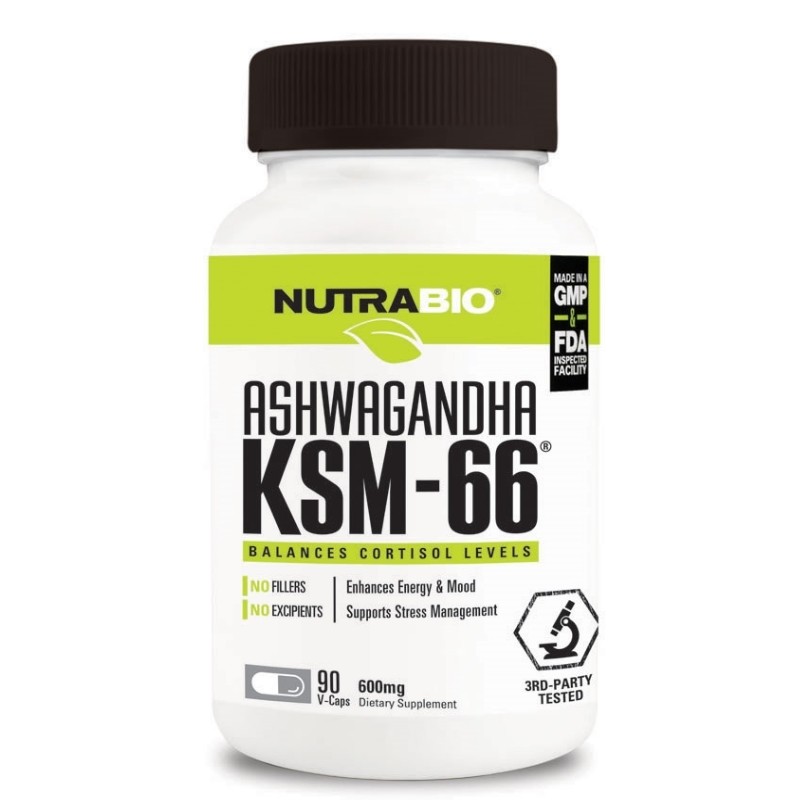
In the past, athletes used them to help boost their stamina. However, some are now banned substances for athletes.
People take adaptogens to help their bodies adapt to life’s stresses. Adaptogens aim to help your body react to or recover from both short- and long-term physical or mental stress. Some may also boost immunity and overall well-being.
Scientists say they can “non-specifically enhance the resistance of the human body under a wide range of external circumstances.” In other words, they may help you cope when things get tough.
Some research shows adaptogens can combat fatigue, enhance mental performance, ease depression and anxiety, and help you thrive rather than just muddle through.
Proponents say adaptogens can boost overall health and specifically help people with:
- the mental and physical fatigue that can come with stress
- pain and inflammation due to osteoarthritis and rheumatoid arthritis (RA)
- fibromyalagia
- sleep problems
- hormonal imbalances that affect the nervous system, for example, by producing the energy the body needs to use nutrients more effectively
Although more research is needed, some studies suggest that certain adaptogens may have anticancer activities.
When you face a physical or mental stressor, your body goes through a process known as general adaptation syndrome (GAS).
GAS is a three-stage response:
- alarm
- resistance
- exhaustion
Adaptogens help you stay in the resistance phase longer, via a stimulating effect that holds off the exhaustion. Instead of crashing during a stressful moment, task, or event, you find a balance and carry on.
Adapting to stress helps you perform and feel better despite the situation. And that helps improve your health and well-being.
When stressed, your adrenal gland releases the stress hormone cortisol, which gives you the energy to tackle an emergency.
But frequent releases of high levels of cortisol are not helpful. It may lead to cortisol dysfunction, which can trigger widespread inflammation and pain.
Using adaptogens can help manage stress in the short term, but it may also help reduce the risk of long-term complications of persistent stress.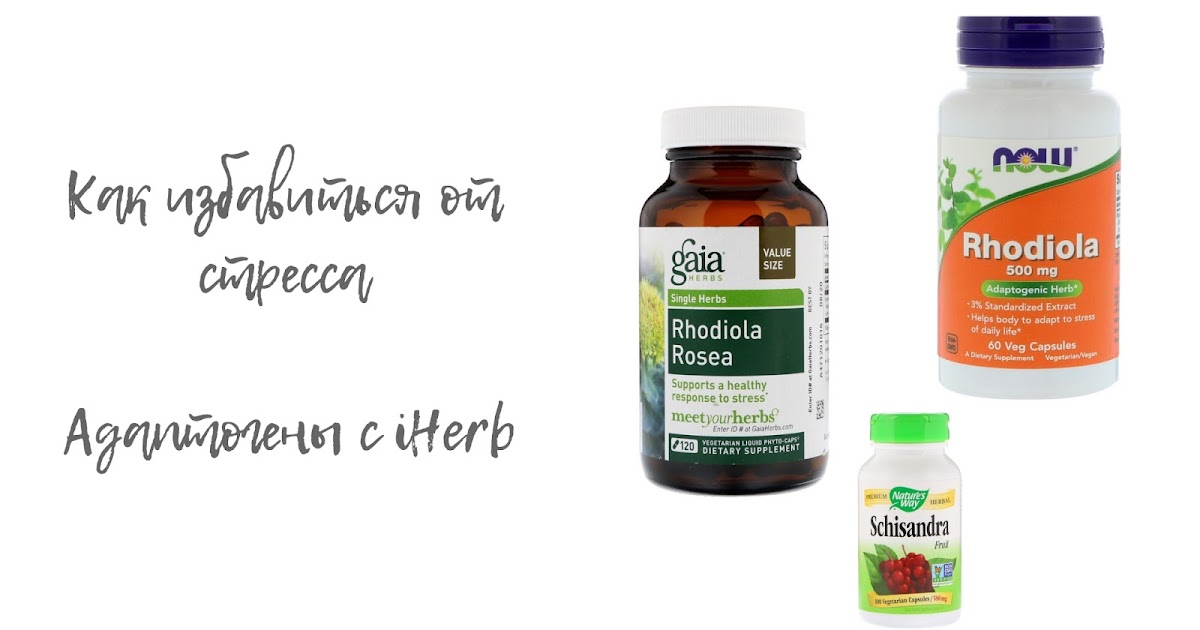
Each adaptogen has a different effect on the body, so the choice of which one to take will depend on the result you seek. Ashwagandha, for example, can both energize and relax you.
Here are some more examples:
| Adaptogen | Possible benefit | Possible side effects |
| American ginseng (Panax quinquefolius) | may boost memory, reaction time, calmness, and immune system | may interact with blood thinners |
| ashwagandha (Withania somnifera) | may reduce stress and anxiety | may cause stomach upset; not safe in pregnancy |
| astragalus (Astragalus membranaceus) | may combat fatigue | may interact with drugs that affect the immune system |
| cordyceps (Cordyceps militaris) | may boost stamina | may cause dry mouth, nausea, abdominal distension, throat discomfort, headache, diarrhea, allergic reactions; may cause lead poisoning; not safe for people with RA, multiple sclerosis, or systemic lupus erythematosus (lupus) |
| goji berry (Lycium barbarum) | may boost energy, physical and mental performance, calmness, sense of well-being, can improve sleep | may cause allergic reaction |
| eleuthero root (Eleutherococcus senticosus) | may improve focus and stave off mental fatigue | may cause upset stomach, headache |
| jiaogulan (Gynostemma pentaphyllum) | may reduce stress and boost endurance | no side effects recorded as yet |
| licorice root (Glycyrrhiza glabra) | may reduce oxidative stress | may cause high blood pressure, reduced potassium, possibly unsafe for people with kidney disease or cardiovascular problems; not suitable during pregnancy |
rhodiola rosea (R. rosea) rosea) | may stave off physical and mental fatigue | may cause dizziness, dry mouth or excess salivation |
| schisandra berry / magnolia berry (Schisandra chinensis) | may boost endurance, mental performance, and working capacity | may cause restlessness, sleep problems, breathing difficulty |
| tulsi / holy basil (Ocimum sanctum) | may reduce physical and mental stress, stress-related anxiety, and depression and improve memory and thinking | likely safe for most people, but more research is needed |
| turmeric (Curcuma longa) | may reduce depression | likely safe in small amounts |
Adaptogens can have a powerful effect, so it’s essential to follow the instructions when using them.
A naturopathic physician can recommend specific adaptogens and reputable formulas and dosages. They can also adjust your dosage as needed based on the effects you hope to achieve.
Always check with a doctor before taking adaptogens or any type of supplement. They can interact with medications and may not be suitable for everyone.
It’s also essential to check with a doctor before using supplements if you are pregnant or may become pregnant or if you are breastfeeding. Some supplements, including adaptogens, may harm a developing fetus or infant.
A doctor may recommend using adaptogens for a few days or weeks to get through a busy time at work or taking them for a longer stretch if necessary. Some adaptogens take several weeks to have an effect.
Adaptogens may help you get through intense periods — like holidays, finals, and taxes — and stay gently energized long term.
However, they are not a substitute for looking after yourself through diet, exercise, and getting enough sleep. If you’re feeling anxious and overwhelmed or you have signs of depression lasting more than 2 weeks, it’s best to see a doctor about more robust options that can help.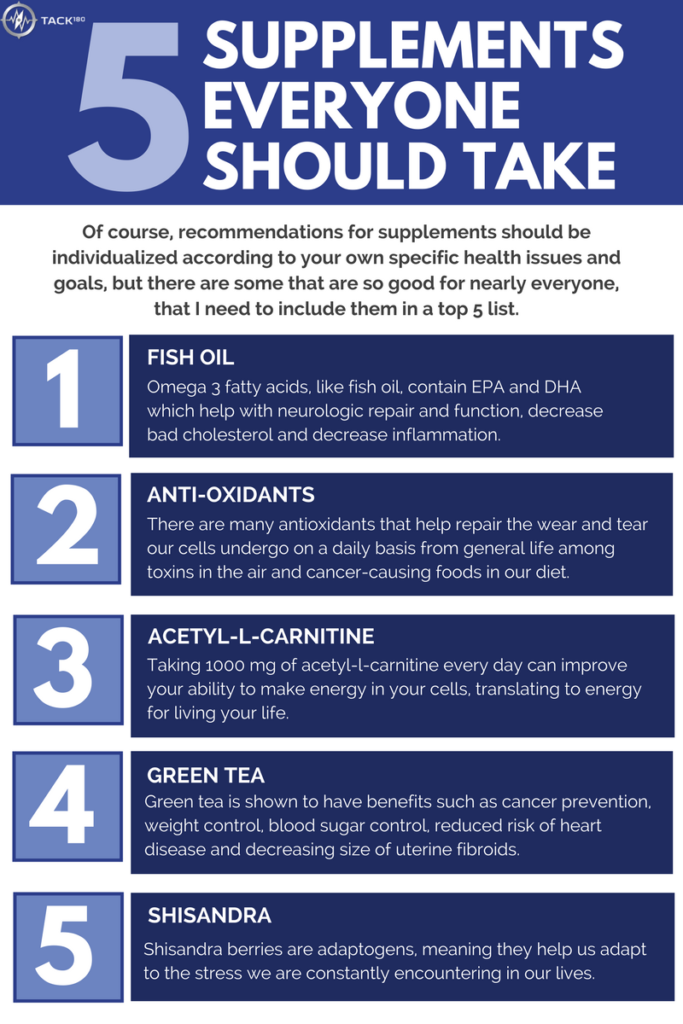
As with any drug or supplement, adaptogens do have side effects, interactions, and contraindications. So do your research, especially regarding any current health conditions. It’s also recommended you contact a healthcare professional before beginning a herbal regimen.
12 Adaptogens for Stress and Hormonal Balance — And How to Use Them
Adaptogens are substances that work to reduce the negative effects of stress on your body. They may help improve your body’s resistance to stress and offer other benefits as well. But which ones really work?
The term “adaptogen” was first used in 1940 to describe certain plant-based extracts that can non-specifically enhance the human body.
Nowadays, adaptogens refer to a range of naturally sourced and synthetic supplements that may help the body adapt to stressful situations by interfering with the fight or flight response and — in theory — without causing any harm. They may also help reduce the risk and impact of long-term stress.
“Adaptogen” is a functional term. The term focuses on how these substances affect your body rather than what chemicals they contain.
Adaptogens are widely available as supplements, but it’s best to check with a doctor before using either plant-based or synthetic adaptogens, as they may not be safe for everyone.
Read on to find out what adaptogens are, how they work in the body, and whether or not they’re worth considering for you.
Adaptogens come as either synthetic or plant-based compounds. They contain biologically active compounds, including phytochemicals, that can benefit the body.
According to the original definition, they had to meet three criteria:
- They must be non-specific and help the body in various adverse conditions, such as physical or environmental stress.
- They must counter the physical impact of stress.
- They must not harm the usual working of the body.
Over time, the criteria have been refined. In the 1990s, some scientists defined them as follows: “Adaptogens are natural bioregulators that increase the ability to adapt environmental factors and avoid the damage caused by those factors. ”
”
In 1998, the Food and Drug Administration (FDA) defined adaptogens as “A new kind of metabolic regulator that has been proved to help in environmental adaptation and to prevent external harms.”
Plant-based adaptogens
Examples of naturally occurring plant-based adaptogens include extracts from:
- Panax ginseng
- Acanthopanax senticosus, previously known as Eleutherococcus senticosus
- Rhodiola crenulata
- Schisandra chinensis
Adaptogens contain plant compounds such as alkaloids, terpenoids, flavonoids, and coumarins.
Adaptogens work by affecting certain body tissues and organs to reduce stress and fatigue and restore the body’s natural balance, especially when you’re under pressure.
For example, ginseng affects the pituitary and adrenal glands. As a result, it may help reduce problems with sleep, arthritis, energy levels, and the nervous system.
Synthetic adaptogens
Examples of synthetic adaptogens include:
- bromantane
- levamisole
- aphobazole
- bemethyl
Synthetic adaptogens can boost mental and physical and mental resistance, increase blood flow by expanding the blood vessels, and lower levels of sugar and lactate in the blood.
In the past, athletes used them to help boost their stamina. However, some are now banned substances for athletes.
People take adaptogens to help their bodies adapt to life’s stresses. Adaptogens aim to help your body react to or recover from both short- and long-term physical or mental stress. Some may also boost immunity and overall well-being.
Scientists say they can “non-specifically enhance the resistance of the human body under a wide range of external circumstances.” In other words, they may help you cope when things get tough.
Some research shows adaptogens can combat fatigue, enhance mental performance, ease depression and anxiety, and help you thrive rather than just muddle through.
Proponents say adaptogens can boost overall health and specifically help people with:
- the mental and physical fatigue that can come with stress
- pain and inflammation due to osteoarthritis and rheumatoid arthritis (RA)
- fibromyalagia
- sleep problems
- hormonal imbalances that affect the nervous system, for example, by producing the energy the body needs to use nutrients more effectively
Although more research is needed, some studies suggest that certain adaptogens may have anticancer activities.
When you face a physical or mental stressor, your body goes through a process known as general adaptation syndrome (GAS).
GAS is a three-stage response:
- alarm
- resistance
- exhaustion
Adaptogens help you stay in the resistance phase longer, via a stimulating effect that holds off the exhaustion. Instead of crashing during a stressful moment, task, or event, you find a balance and carry on.
Adapting to stress helps you perform and feel better despite the situation. And that helps improve your health and well-being.
When stressed, your adrenal gland releases the stress hormone cortisol, which gives you the energy to tackle an emergency.
But frequent releases of high levels of cortisol are not helpful. It may lead to cortisol dysfunction, which can trigger widespread inflammation and pain.
Using adaptogens can help manage stress in the short term, but it may also help reduce the risk of long-term complications of persistent stress.
Each adaptogen has a different effect on the body, so the choice of which one to take will depend on the result you seek. Ashwagandha, for example, can both energize and relax you.
Here are some more examples:
| Adaptogen | Possible benefit | Possible side effects |
| American ginseng (Panax quinquefolius) | may boost memory, reaction time, calmness, and immune system | may interact with blood thinners |
| ashwagandha (Withania somnifera) | may reduce stress and anxiety | may cause stomach upset; not safe in pregnancy |
| astragalus (Astragalus membranaceus) | may combat fatigue | may interact with drugs that affect the immune system |
| cordyceps (Cordyceps militaris) | may boost stamina | may cause dry mouth, nausea, abdominal distension, throat discomfort, headache, diarrhea, allergic reactions; may cause lead poisoning; not safe for people with RA, multiple sclerosis, or systemic lupus erythematosus (lupus) |
| goji berry (Lycium barbarum) | may boost energy, physical and mental performance, calmness, sense of well-being, can improve sleep | may cause allergic reaction |
| eleuthero root (Eleutherococcus senticosus) | may improve focus and stave off mental fatigue | may cause upset stomach, headache |
| jiaogulan (Gynostemma pentaphyllum) | may reduce stress and boost endurance | no side effects recorded as yet |
| licorice root (Glycyrrhiza glabra) | may reduce oxidative stress | may cause high blood pressure, reduced potassium, possibly unsafe for people with kidney disease or cardiovascular problems; not suitable during pregnancy |
rhodiola rosea (R. rosea) rosea) | may stave off physical and mental fatigue | may cause dizziness, dry mouth or excess salivation |
| schisandra berry / magnolia berry (Schisandra chinensis) | may boost endurance, mental performance, and working capacity | may cause restlessness, sleep problems, breathing difficulty |
| tulsi / holy basil (Ocimum sanctum) | may reduce physical and mental stress, stress-related anxiety, and depression and improve memory and thinking | likely safe for most people, but more research is needed |
| turmeric (Curcuma longa) | may reduce depression | likely safe in small amounts |
Adaptogens can have a powerful effect, so it’s essential to follow the instructions when using them.
A naturopathic physician can recommend specific adaptogens and reputable formulas and dosages. They can also adjust your dosage as needed based on the effects you hope to achieve.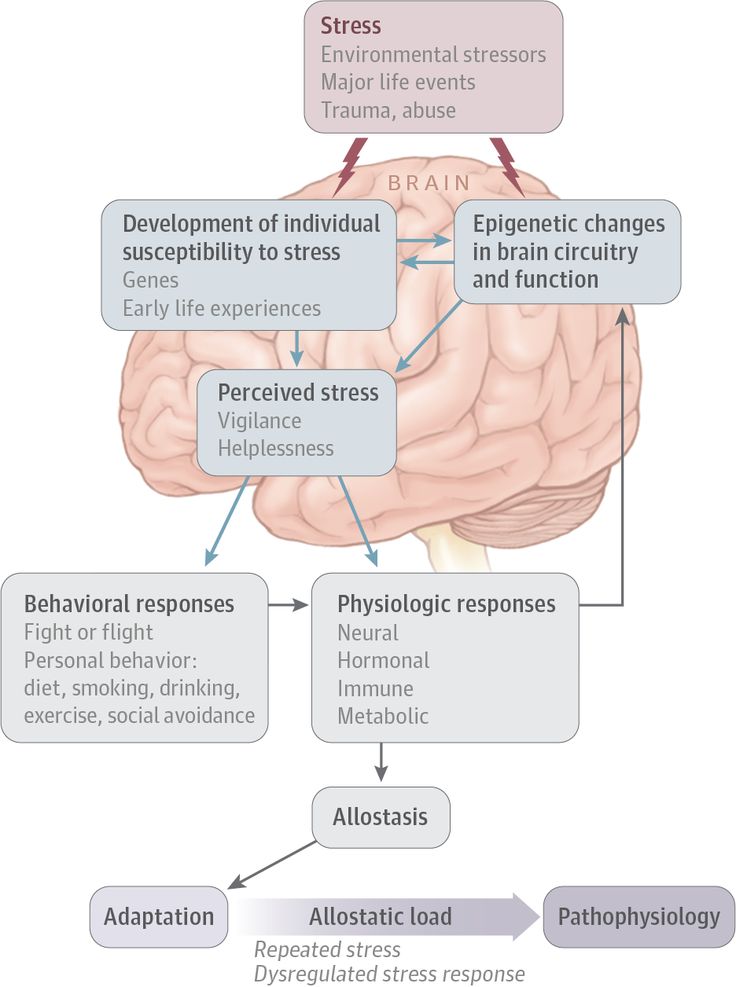
Always check with a doctor before taking adaptogens or any type of supplement. They can interact with medications and may not be suitable for everyone.
It’s also essential to check with a doctor before using supplements if you are pregnant or may become pregnant or if you are breastfeeding. Some supplements, including adaptogens, may harm a developing fetus or infant.
A doctor may recommend using adaptogens for a few days or weeks to get through a busy time at work or taking them for a longer stretch if necessary. Some adaptogens take several weeks to have an effect.
Adaptogens may help you get through intense periods — like holidays, finals, and taxes — and stay gently energized long term.
However, they are not a substitute for looking after yourself through diet, exercise, and getting enough sleep. If you’re feeling anxious and overwhelmed or you have signs of depression lasting more than 2 weeks, it’s best to see a doctor about more robust options that can help.
As with any drug or supplement, adaptogens do have side effects, interactions, and contraindications. So do your research, especially regarding any current health conditions. It’s also recommended you contact a healthcare professional before beginning a herbal regimen.
Adaptogens - new old herbal remedies for fatigue, stress and for restoring the immune system
Adaptogens are, as a rule, medicinal plants that help the body fight physical and emotional stress, restore the immune system. These plants provide balance to the body by acting as a thermostat. They increase energy when a person is tired and help to relax when restless.
Extremely secret scientific research into adaptogens began at the beginning of World War II back in the Soviet Union. The main goal of these studies was to increase the endurance, working capacity of soldiers, pilots and sailors during the war.
Later, adaptogens were actively used by Soviet athletes to improve athletic performance during international competitions.
The main initiator and leader of research on adaptogens was Professor Israel Brekhman, who coined the term "adaptogen" in 1947 and published the first work on adaptogens in 1960.
In one of their many scientific papers, Brechman and his colleagues defined adaptogens as natural plant substances that:
- Increase the body's ability to cope with internal and external stress.
- They have a stimulating effect after both single and long-term use, which leads to increased performance, both physical and mental, in conditions of stress and fatigue.
- Normalize body functions.
- Quite safe and do not cause negative effects.
In the 80s of the XX century, work on the study of adaptogens in the USSR gradually ceased. However, in the last 10 years, research on adaptogens has intensified in the West. While Soviet scientists were focused on the "militarist" use of adaptogens, Western scientists were studying the wider health effects of adaptogens.
Another well-known researcher of adaptogens Alexander Panosyan suggested that adaptogens not only have a specific therapeutic effect in some stress and stress-related disorders, but also affect the quality of life of patients when used as adjuvants in standard therapy for many chronic diseases and pathological conditions (eg, recovery from surgery, asthenia, congestive heart failure, chronic obstructive pulmonary disease).
It should be noted that adaptogens restore the immune system after stressful situations, which is important during the coronavirus pandemic.
Alexander G. Panosyan
In his professional career, Alexander Panosyan was a member of the Academy of Sciences of the Armenian SSR (1975–1986) and the National Institute of Health (Armenia) (1986–1993). He became a professor of bioorganic chemistry in the Russian Federation. He was also the director of the drug quality control laboratory of the Agency for Medicines of the Republic of Armenia (1993–2003).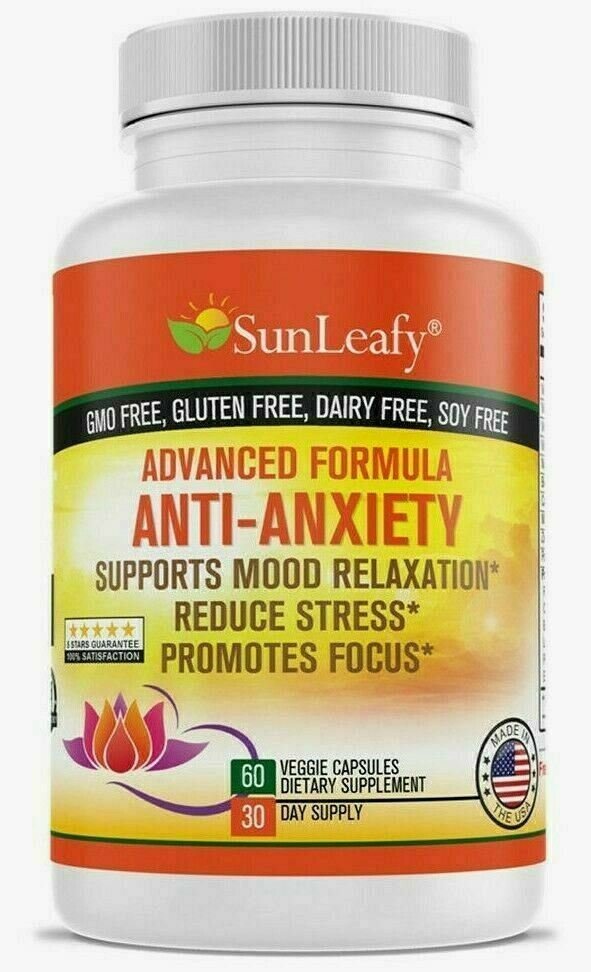 He has worked as a visiting scientist in the laboratory of Nobel laureate Bengt Samuelson at the Karolinska Institute in Stockholm (1982-1983), the University of Munich (1993-1995) and King's College London (1996).
He has worked as a visiting scientist in the laboratory of Nobel laureate Bengt Samuelson at the Karolinska Institute in Stockholm (1982-1983), the University of Munich (1993-1995) and King's College London (1996).
Currently Alexander Georgievich is the director of Phytomed AB in Sweden. He is the author or co-author of over 180 articles in peer-reviewed journals. His main scientific interest is in adaptogenic plants, anti-stress compounds that are involved in the regulation of the neuroendocrine and immune systems.
Alexander Panosyan believes that adaptogens could potentially be used for age-related disorders such as neurodegenerative and cardiovascular diseases. In this way, older people can maintain their health at a normal level, improve the quality of life and increase life expectancy.
Recently, the Institute of Molecular Biology and Genetics of the National Academy of Sciences of Ukraine has developed unique adaptogenic phytocomplex "VIKTORIN" under the guidance of Corresponding Member of the National Academy of Sciences of Ukraine, Professor Viktor Anatolievich Kunakh , a scientist with 40 years of experience working with adaptogenic plants.
The composition of the phytopreparation "VIKTORIN" includes 2 extremely strong adaptogens - ginseng and Rhodiola rosea.
VICTORIN promotes overall strengthening of the body in case of seasonal colds, increases immunity, improves well-being in chronic fatigue and physical overload, stabilizes the functional state of the nervous system during increased nervous excitability, and reduces psycho-emotional stress. Phytopreparation acts as a mild sedative.
VICTORIN is recommended to take:
- as an adaptogenic agent to reduce fatigue, anxiety, oxidative stress;
- to normalize blood pressure, improve vascular function and blood circulation, heart function, lipid profile;
- as an antioxidant for atherosclerosis, Alzheimer's disease, accelerated aging, etc.;
- as an anti-inflammatory agent in type II diabetes, arthritis, cardiovasculitis, bronchitis, pneumonia and other diseases whose pathogenesis is associated with inflammation;
- as an immunomodulatory and antimicrobial agent.

Phytopreparation is produced at the facilities of the pharmaceutical company "ASTRAPHARM", the production of which meets the requirements of GMP ISO 22000:2005, which indicates the high quality standards of the products.
Contraindications and precautions: individual sensitivity to individual components, children, pregnant women and women during lactation. It is not recommended to use in the afternoon to prevent insomnia. Caution should be taken by persons with high blood pressure and organic lesions of the cardiovascular system.
Doctor of Chemistry, Prof. Sergei Yarmolyuk,
Public Union "SPC Phytopreparations" DOBRADIA ",
Institute of Molecular Biology and Genetics NAS of Ukraine
What are adaptogens and how do they help fight stress?
BEAUTY•Healthy lifestyle
T
Text:
maria chekalina
You have already used many adaptogens on the advice of friends, grandmothers or fitness trainers, buying them at a pharmacy or a regular grocery store.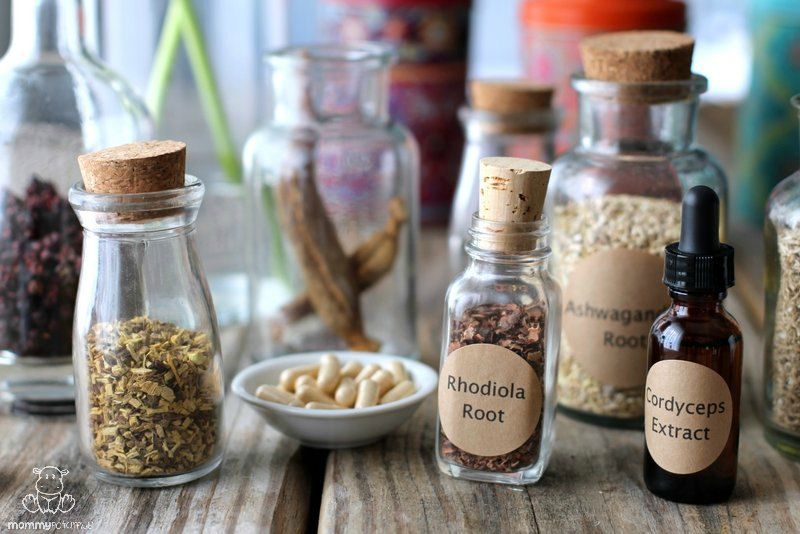 What is it, what is their strength and in what form should they be taken?
What is it, what is their strength and in what form should they be taken?
Adaptogens are biologically active substances of artificial and plant origin (most often herbs and mushrooms) that have a tonic effect on the body and increase its endurance. In a broad sense, adaptogens are means that increase a person's adaptive capabilities. When you complain about constant colds and fatigue, and your friends advise you to drink "some herbs", it is they who are talking about adaptogens, perhaps without knowing it themselves.
Adaptogens increase immunity, speed up metabolism, have an antioxidant effect, help to adapt more easily to heat, cold, hunger, infections, psycho-emotional stress, and are useful for increased physical and mental stress. In general, these are additional troops to strengthen the body's external defenses - they guard your peace of mind, allowing you not to react to stress and other harmful influences.
Of course, you should not take adaptogens as a magic pill and a panacea for all diseases.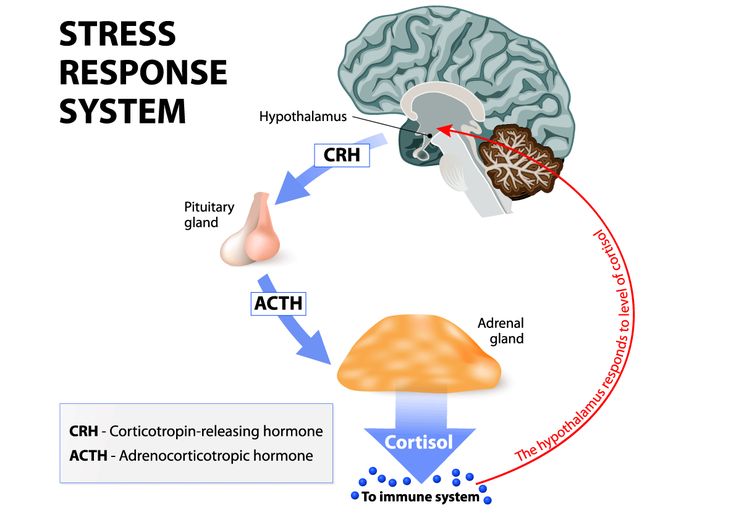 After all, these are prophylactic agents, they act with long-term systemic use and do not cancel the general healthy regimen: proper nutrition, sleep, training. But you should not take them constantly either, this leads to addiction and the abolition of the effect of the substance on the body. And, like any dietary supplements and medicines, it is better not to take adaptogens without first consulting a doctor. Pregnancy, high blood pressure and other individual characteristics of the body may be contraindications for taking a particular substance.
After all, these are prophylactic agents, they act with long-term systemic use and do not cancel the general healthy regimen: proper nutrition, sleep, training. But you should not take them constantly either, this leads to addiction and the abolition of the effect of the substance on the body. And, like any dietary supplements and medicines, it is better not to take adaptogens without first consulting a doctor. Pregnancy, high blood pressure and other individual characteristics of the body may be contraindications for taking a particular substance.
How do you know that an adaptogen is working? In the morning it will become easier for you to get up, by the evening you will not nod off, you will stop complaining about constant fatigue and catching small colds. Your mood will generally improve, and you will go to sports with a brisk gait, and not with thoughts of turning around and leaving to lie down home. To make it easier to understand the whole variety of adaptogens and choose the right one for you, we have compiled a list of the most interesting ones in alphabetical order.
I. Astragalus
This is a plant of the legume family (beans or beans) that has been used for many years as an adaptogen in traditional Chinese medicine. Astragalus strengthens the immune system, and also protects and improves skin health, metabolism, digestion, and gives a boost of energy. It is used in the treatment of hypertension and kidney diseases. They say that Stalin was treated with astragalus for atherosclerosis, having first tested the medicine on patients in the Kremlin hospital.
II. Ashwagandha
One of the most popular Ayurvedic herbs. It maintains hormonal and emotional balance, improves brain function. The plant helps relieve stress and improves well-being. It can be used as a tonic to relax after a hard day. Or apply after climate change, with a sharp change in weather, after heavy physical overload.
III. Ashitaba
This plant is a member of the angelica family (Angelica keiskei). Ashitaba grows in Japan and is often sold under the name "Japanese Ashitaba Tea".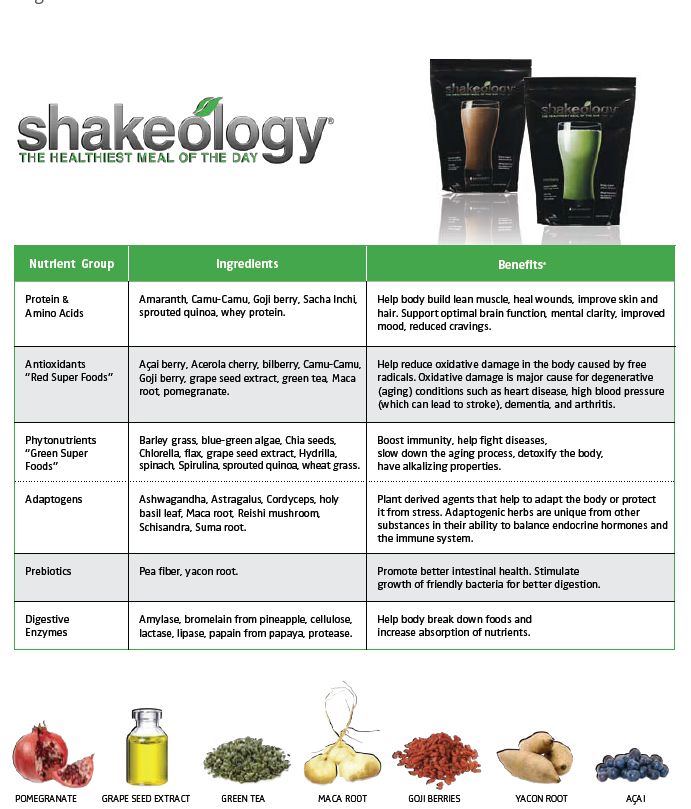 Ashitaba leaves can regrow within 24 hours of harvest. It is not surprising that a plant with such a fast regenerative ability has healing properties. It is rich in antioxidants (in particular, chalcone, one of the types of flavonoids), vitamins B6, B12, and nerve growth hormone. This powerful adaptogen heals wounds, improves digestion, concentration and memory. According to the invigorating effect, herbal decoction of ashitaba will replace morning coffee.
Ashitaba leaves can regrow within 24 hours of harvest. It is not surprising that a plant with such a fast regenerative ability has healing properties. It is rich in antioxidants (in particular, chalcone, one of the types of flavonoids), vitamins B6, B12, and nerve growth hormone. This powerful adaptogen heals wounds, improves digestion, concentration and memory. According to the invigorating effect, herbal decoction of ashitaba will replace morning coffee.
IV. Goji berries
Also known as common dereza. Goji berries contain many nutrients and vitamins and were eaten by monks in the Himalayas. Thanks to vitamin C and eight amino acids, berries make a very healthy juice.
V. Knotweed
(he-shou-woo, or fo-ti)
For centuries it has been used as an anti-aging and hematopoietic agent, eaten. In Chinese medicine, it is valued for improving blood circulation, increasing stamina, and as an aphrodisiac. Knotweed, along with goji berries, are the basis of jing, or "life forces," the tonic agents of Chinese herbal medicine.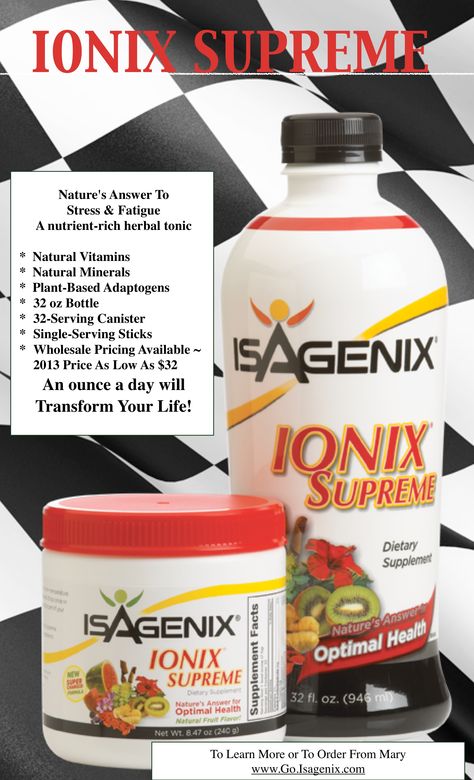
VI. Ginseng
Valued for improving immunity, has been used for centuries in Asia and North America to improve memory and concentration. There are eleven types of ginseng, all of which belong to the Araliaceae (panax) family, which translates from Greek as "everything will heal." The American species matures for six years before use, but for the sake of its beneficial properties, you can wait.
VII. Cordyceps
This parasitic fungus grows on the back of caterpillars and is collected in the mountainous regions of Nepal, Tibet and China. Until recently, no attention was paid to it. Later it turned out that this potent fungus slows down aging, relieves fatigue, increases libido and improves the condition of the cardiovascular system. Brewed in warm water or tea, this tonic is energizing and also boosts fertility.
VIII. Eucommia bark
A well-known herb in Chinese medicine. It is useful for athletes and the elderly, as it gives energy and strengthens bones, tendons and ligaments.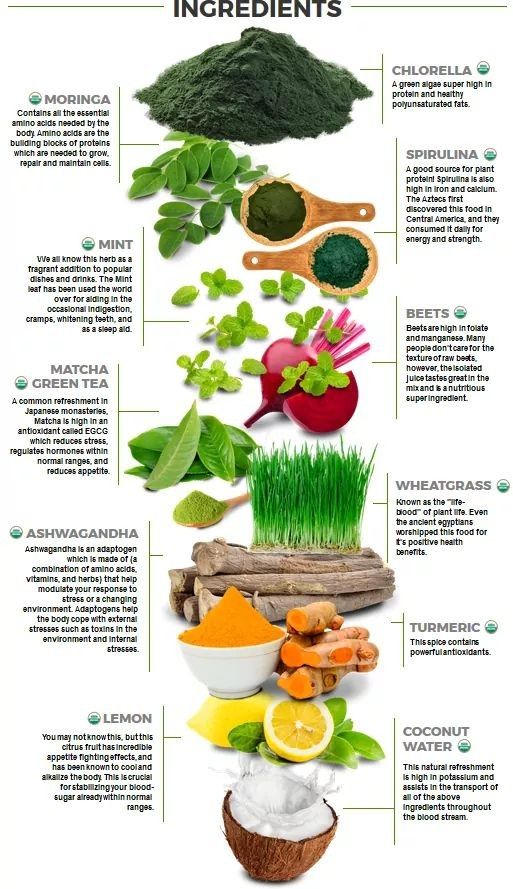 It improves the functioning of the liver, kidneys and effectively maintains the integrity of the skeletal system. Eucommia bark comes from small trees in China known as the Chinese rubber tree. The bark of these trees has been used for centuries to make tea for its stabilizing effect.
It improves the functioning of the liver, kidneys and effectively maintains the integrity of the skeletal system. Eucommia bark comes from small trees in China known as the Chinese rubber tree. The bark of these trees has been used for centuries to make tea for its stabilizing effect.
IX. Licorice, or licorice
Known as a sweet condiment. This Chinese medicinal root is often used in tinctures and tonics as a synergist, enhancing the effects of other herbs. When used separately, it helps in the work of the adrenal gland and the fight against the syndrome of "leaky" intestines.
X. Maca
This tasty (vanilla-like) root is known for its ability to restore hormonal balance. It is rich in nutrients and contains more calcium than milk, plus protein, fiber and magnesium. It is commonly used to increase fertility and treat menopausal symptoms. This medicinal herb has been harvested in the Andes for over 3,000 years.
XI. Moringa
A nutrient source, moringa is known as the "miracle leaf". It stabilizes blood pressure, relieves anxiety and improves digestion. Contains vitamins B, C, D and E, magnesium, proteins and other nutrients and amino acids. Using moringa is an easy way to quickly get plenty of nutrients.
It stabilizes blood pressure, relieves anxiety and improves digestion. Contains vitamins B, C, D and E, magnesium, proteins and other nutrients and amino acids. Using moringa is an easy way to quickly get plenty of nutrients.
XII. Mucuna stinging
This is the Latin name for this creeping vine that grows throughout India. Mucuna contains a dopamine precursor called L-dopa. Therefore, it improves mood and fights distress. L-dopa is an amino acid that converts to dopamine, a neurotransmitter that regulates the pleasure center of the brain. Increased dopamine can improve sleep quality and overall well-being.
XIII. Sea buckthorn
This berry is pure omega-7. Sea buckthorn first gained popularity in ancient Greece. With its help, horses that had suffered in battles were restored. Berries are hand-picked from wild trees in the Himalayas. They promote heart health, improve digestive tract function, and improve skin tone and texture.
XIV. Pine Pollen
Contains 22 amino acids, 8 of which are particularly beneficial. Pine pollen is an ideal bioavailable food for the brain. With prolonged use, it provides hormonal support, boosts immunity and improves all body functions. It is also an aphrodisiac. It is collected from small pollen particles on male species of pine cones. If pollen is not collected, then it is blown off the trees by the wind, and it becomes a natural part of the ecosystem, getting on food and enhancing the reproductive behavior of wild animals in the spring.
Pine pollen is an ideal bioavailable food for the brain. With prolonged use, it provides hormonal support, boosts immunity and improves all body functions. It is also an aphrodisiac. It is collected from small pollen particles on male species of pine cones. If pollen is not collected, then it is blown off the trees by the wind, and it becomes a natural part of the ecosystem, getting on food and enhancing the reproductive behavior of wild animals in the spring.
XV. Reishi Mushroom
It is valued for its ability to stabilize the body, helping it to overcome health problems and improve the ability to cope with stress and achieve calmness. Its main component is ganoderic acid. It reduces allergic symptoms by inhibiting the release of histamine, as well as improves liver function and increases the body's oxygen consumption. Due to the acid, the mushroom has a bitter taste.
XVI. Rhodiola
Traditional Taoist herb. Rhodiola awakens the mind. This perennial flowering plant improves the brain's ability to absorb oxygen, resulting in increased mental clarity, resourcefulness, and stamina.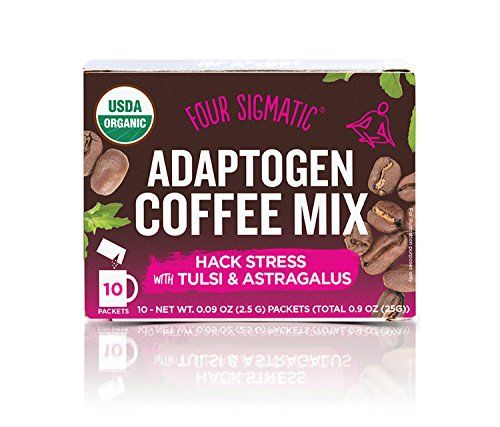 Sometimes it is called "Arctic root". Rhodiola was mentioned by the Greek physician Dioscorides as early as the 1st century AD.
Sometimes it is called "Arctic root". Rhodiola was mentioned by the Greek physician Dioscorides as early as the 1st century AD.
XVII. Tulasi or holy basil
Holy basil was known as early as 1500 BC and was often planted around Hindu temples. And the name Tulasi means "incomparable." This highly effective adaptogen is often used topically for skin conditions such as acne and ringworm. When used internally, the leaves, decoction and grains will help with inflammation and swelling.
XVIII.
XVIII. Centella Asiatica
According to legend, a Chinese herbalist took it and lived for over 200 years. Centella is often referred to as the "fountain of life". Its leaves have been used for thousands of years to heal wounds. When taken orally, it treats respiratory infections and maintains mental clarity. In some areas in the Himalayas, yogis use it for meditation.
IXX. Chaga
The king of medicinal mushrooms. Chaga is made up of over 215 phytonutrients and beta-glucans.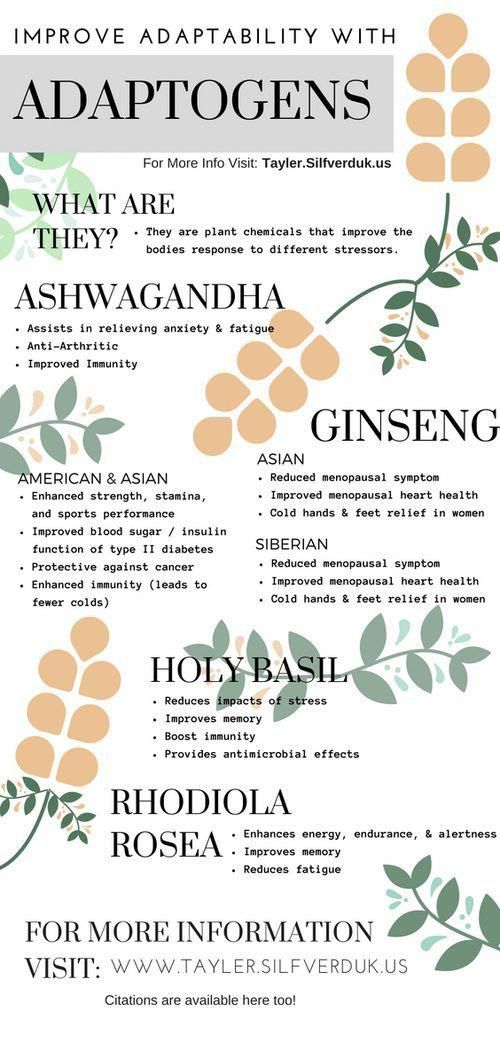 It nourishes the body, stimulates the immune system and fights inflammation. This healing king mushroom has been used for many centuries not only in Russia, but also in Asian countries. The high levels of B vitamins, flavonoids, enzymes, minerals, phenols, and antioxidants make the mushroom one of the most nutrient-dense adaptogens.
It nourishes the body, stimulates the immune system and fights inflammation. This healing king mushroom has been used for many centuries not only in Russia, but also in Asian countries. The high levels of B vitamins, flavonoids, enzymes, minerals, phenols, and antioxidants make the mushroom one of the most nutrient-dense adaptogens.
XX. Schizandra, or Schisandra chinensis
This super berry works on all fronts. In ancient times, it was used in China to maintain beauty and brain function. This aphrodisiac nourishes the internal organs, resulting in shiny hair and radiant skin. Schizandra improves liver function, stimulates the production of enzymes that accelerate biochemical reactions and cell renewal.
XXI. Shiitake
Another popular mushroom in the world. It is widely known, but few people know about its antifungal, antiviral and antibacterial properties. Shiitake mushrooms are easy to find at the grocery store or in a dish at your favorite restaurant. It is used in cooking due to its texture and meat flavor.